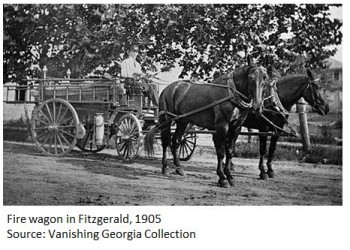Lives Changed in Your Family Tree
A Look at Genealogy Resources
The theme of National Library Week 2014 is “Lives Change @ Your Library.” To look at genealogy resources in GALILEO, let’s tweak the theme to describe resources that help users research their family trees to discover who their people were and how their families’ lives changed over time.
HeritageQuest Online, which includes census records, local histories, and family histories, is easy to access from home with a public library login (see below for ways to log in). This resource also includes genealogy training videos and slide presentations for users; just look for the Learner Center link at the top after you log in. See a previous post for tips on how to find historical state maps in HeritageQuest Online, which show how the county lines changed over the years.
Ancestry Library Edition is a robust genealogy resource that includes military, immigration, census, court, birth, marriage, and death records, as well as maps, images, obituaries, and much more. Ancestry Library Edition provides blank census forms and research forms to help you keep up with the information you collect; just click the Charts and Forms tab at the top to see these. This database is only available in the library due to licensing restrictions from the vendor, so you’ll need to go to your local Georgia public library or participating academic library to access it.
For all things Georgia, the Digital Library of Georgia includes over a million digital items on Georgia’s history and culture, including digitized books, photographs, newspapers, maps (including the Sanborn Fire Insurance Maps), and more.
Find additional resources in the Genealogy and Georgia History and Culture sections of GALILEO.
GALILEO has upcoming training sessions on Ancestry Library Edition and HeritageQuest Online during April and May. Register for these on the GALILEO Training page.
Remote Access for Public Library Users
1) Log in via your PINES account, or
2) Try this! (geolocation) or
3) Contact your public library.
